Trust FY24/25 Budget Development
Introduction
The Alaska Mental Health Trust Authority’s overall purpose is to help beneficiaries thrive in their communities and avoid long-term institutionalization. One of the duties of the Trust is to develop a budget for Trust spending and recommendations for how the state will fund a comprehensive, integrated mental health program.
This page contains materials intended to inform Trust staff, trustees, and stakeholders in the FY24/25 budget development process.
The Trust uses a two year budgeting cycle. At their regular meeting on August 24 and 25, 2022 the board of trustees adopted the FY24/25 budget, which will be transmitted to the Governor and Legislature in September 2022 by the deadline defined in Alaska Statute. It is anticipated that trustees will consider revisions to the FY25 Trust budget in calendar year 2023.
*New*- Approved FY24/25 Trust Budget Workbook ( August, 2022)
Budget Documents
Core Budget Documents:
- FY23 Budget (Amended)
- FY24 Stakeholder Budget Survey Results (Updated July 2022)
- FY21 Mental Health Trust Authority Authorized Receipt Grant (Grants to State Agencies) Performance Summary (May 2022)
- FY24 Budget Development Stakeholder Meeting Summary Notes (July 2022)
- FY21 Trust Closed (Completed) Grant Report (July 2022)
- FY22 Trust Grant Analysis Report (July 2022)
- FY21 Trust Annual Report
Comprehensive Mental Health Program Plan
Data Scorecards
Historic Documents:
Resources
Disability Justice
- Trust Beneficiaries in Department of Corrections, 2014
- Review of Alaska Mental Health Statutes, UNLV, 2014
- Police-Mental Health Collaborations, BJA, CSG, 2019
- Alaska Justice information Center – Alaska Results First
- Alaska Judicial Council 2017 report
- Alaska Criminal Justice Commission Annual Report 2018
- Evaluating Housing First Programs in Alaska, May 2017
- Alaska Systems Intercept Model
- Police-Mental Health Collaborations (2019)
- Principles of Community-based Behavioral Health Services for Justice-involved Individuals (SAMSHA, 2019)
- Managing the Seriously Mentally Ill in Corrections (2019)
- DOC Pre-trial division
- Three Pillars of Pretrial Supervision
- Alaska Pretrial Functions Visual
- Pretrial Enforcement Division Update – May 2018
- Alaska Public Safety Action Plan FAQ
- Community Reentry Reinvestment Summary
- A Practitioner's Guide to Criminal Justice Reform
- Fact Sheet: Trends in US Corrections
Mental Health and Addiction Intervention
- The Economic Cost of Drug Misuse in Alaska, 2019 Update
- The Economic Cost of Alcohol Misuse in Alaska, 2019 Update
- Summary of Economic Costs of Substance Use Disorders in Alaska, 2019 Update
- DHSS – Alaska Opioid Dashboard
Behavioral Health Crisis Response
- Trust Webpage: Behavioral Health Crisis Response
- Crisis Now Consultation Report, RI International, December 2019
- White Paper: Transforming Services Is Within Our Reach, 2016 (Crisisnow.com)
- Forensic Psychiatric Hospital Feasibility Study, Phase 2, 2019 (Agnew:: Beck for DHSS, partially funded by the Trust)
- Acute Behavioral Health Improvement Project, 2019 (Agnew::Beck for ASHNA, funded by the Trust)
Home & Community Based Services (HCBS)
- What is HCBS?
- Cost Comparison: LTSS and HCBS
- HCBS in Alaska (DHSS, SDS)
- Finding HCBS in Alaska (DHSS)
- Strengthening LTSS (CHCS)
- Developmental Disabilities Shared Vision
- Alaska State Plan for Brain Injury, FY21-25 (TABI Advisory Council)
- A Call for Action: AK's 10 Year Map to address Alzheimer's disease and related dementia
- Alaska Caregiver Resource Guide, AK Dementia Action Collaborative, 2022
Homelessness & Housing
- AHFC Statewide Homeless Housing Office
- Anchored Home: Anchorage’s Strategic Plan to Solve Homelessness: 2018-2021
- Permanent Supportive Housing (Center for Evidence-based Solutions to Homelessness)
- Permanent Supported Housing Study, Juneau Housing First Six Month Pre/Post Service Usage and Indicators of Wellbeing Comparison (UAF, UAS)
- Evaluating Housing First Programs in Anchorage and Fairbanks, Alaska (ICHS)
- Rapid Rehousing (Center for Evidence-based Solutions to Homelessness)
- Supportive Housing & Healthcare Utilization Outcomes State of the Literature (CSH)
Beneficiary Employment & Engagement
- Alaska Mental Health Trust Authority Beneficiary Employment Policy Review, 2014 (University of Massachusetts Boston)
- Alaska: Annual Disability Status Report 2017 (Cornell University Yang-Tan Institute on Employment and Disability, 2019)
- 2018 Employment Learning Lab and National Governor's Association Recommendations for Alaska
- Road to Recovery: Employment and Mental Illness (NAMI, 2014)
- Recovery Support Tools and Resources: Peer Workers (SAMHSA, 2019)
- Microenterprise Policy & Procedures Manual (UAA, 2015)
- Alaska DVR: 2020 Comprehensive Statewide Needs Assessment (Alaska Department of Labor, 2020)
- APSE Employment First Self Advocates Statement (2019)
- What is the IPS Model? (IPS Employment Center)
Early Childhood Prevention & Intervention
- Investing in Prevention: Working Together in Early Childhood for Healthy Alaskan Children, Families, and Communities, 2015 (State of Alaska)
- Project LAUNCH Framework (SAMHSA)
- Alaska Longitudinal Child Abuse and Neglect Linkage Project (ALCANLink, 2019)
- The Heckman Equation: The Economics of Human Potential (Heckman, 2020)
- Early Intervention: A Critical Support for Infants, Toddlers, and Families (Zero to Three, 2017)
- The Importance of Early Intervention for Infants and Toddlers with Disabilities (National Early Childhood Technical Assistance Center, 2011)
Workforce Development
- The Alaska Health Workforce Coalition 2017-2021 Action Agenda
- Alaska Economic Trends, October 2018
- Alaska’s SHARP Program (DHSS)
- Health TIE (Testbed for Innovative Enterprises)
- Mat-Su Workforce Development Assessment and Plan
- National Academy for State Health Policy, Case Study: How Alaska Addresses Its Health Care Workforce Challenges
- NCI Staff Stability Report, Alaska, 2018

